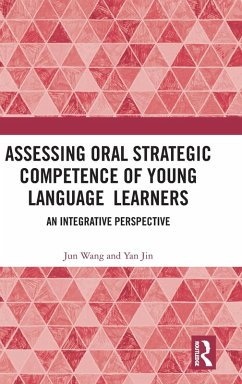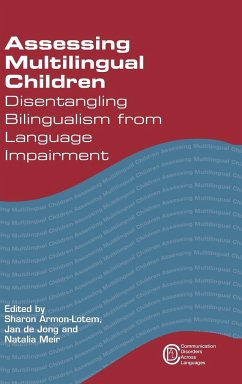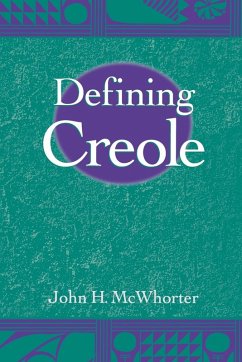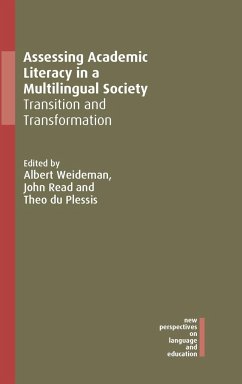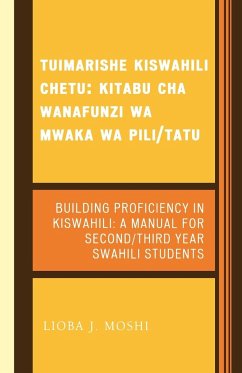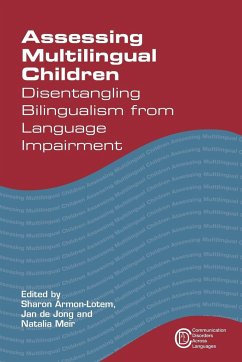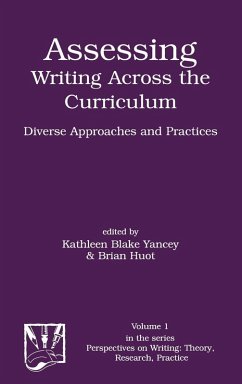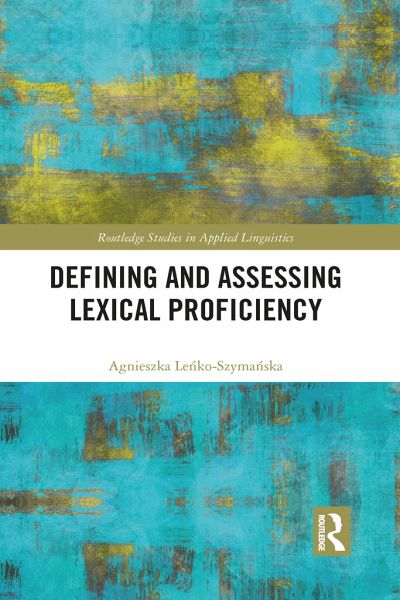
Defining and Assessing Lexical Proficiency
Versandkostenfrei!
Versandfertig in 1-2 Wochen
56,99 €
inkl. MwSt.
Weitere Ausgaben:

PAYBACK Punkte
28 °P sammeln!
This comprehensive account of performance-based assessment of L2 lexical proficiency analyzes and compares two of the primary methods of evaluation used in the field and unpacks the ways in which they tap into different dimensions of one model of lexical competence and proficiency.






